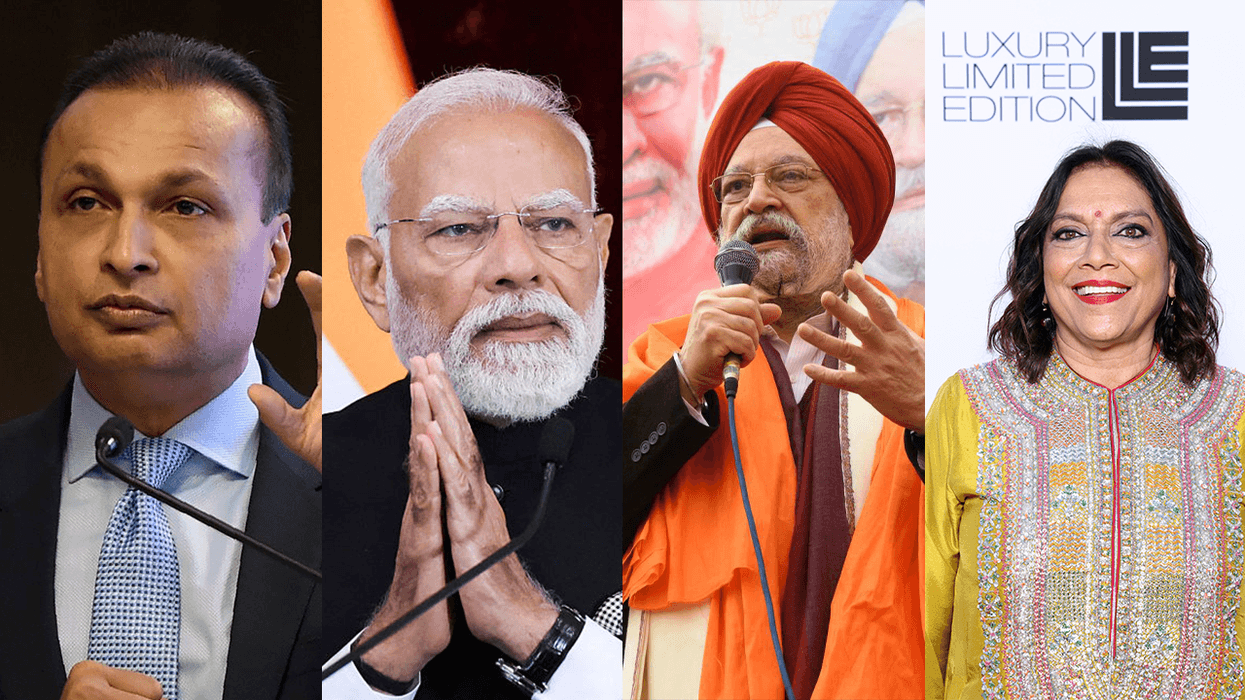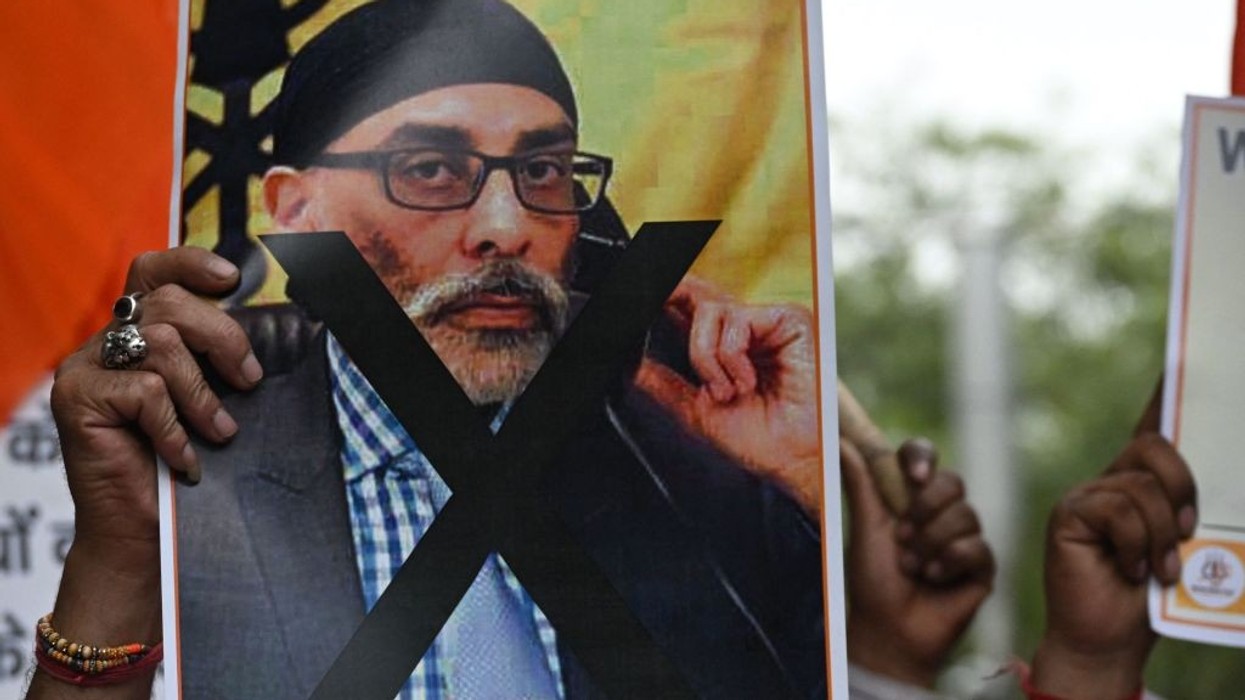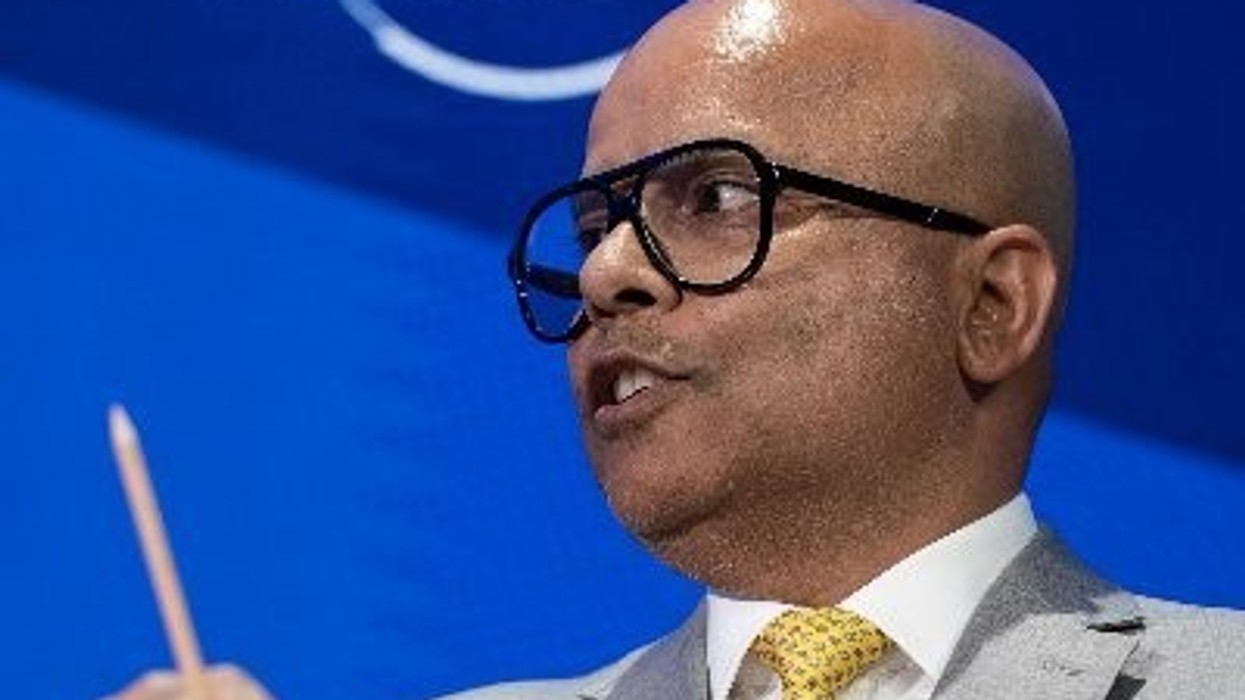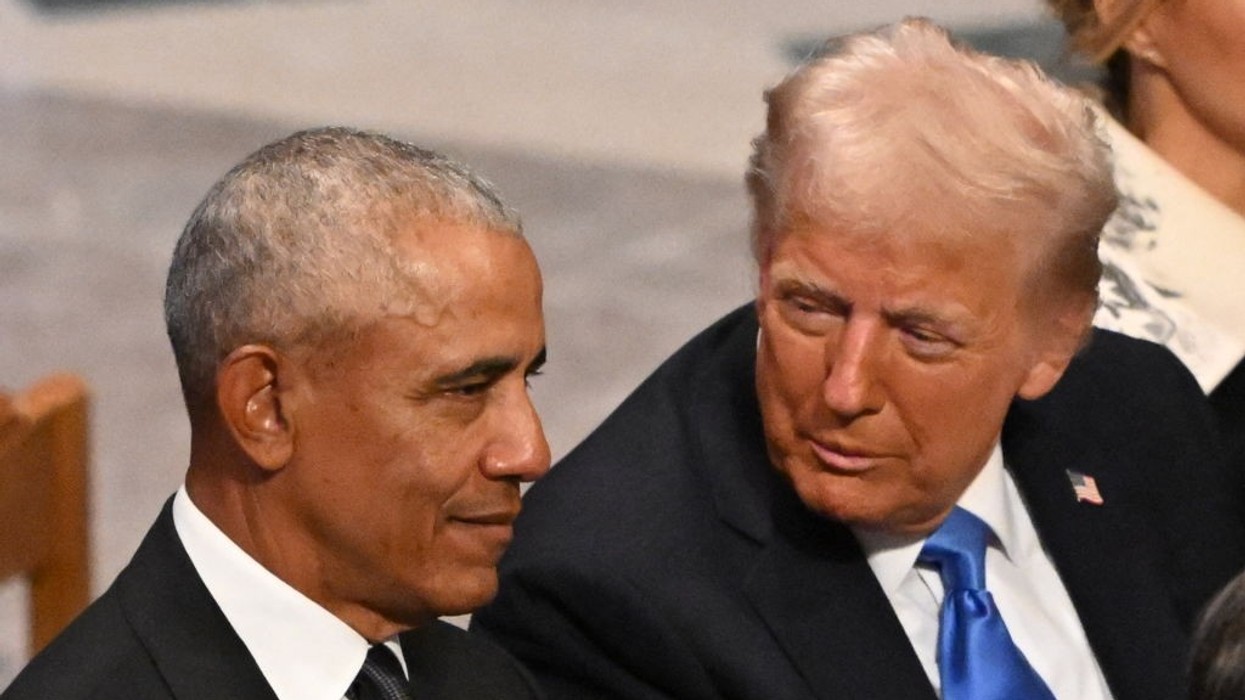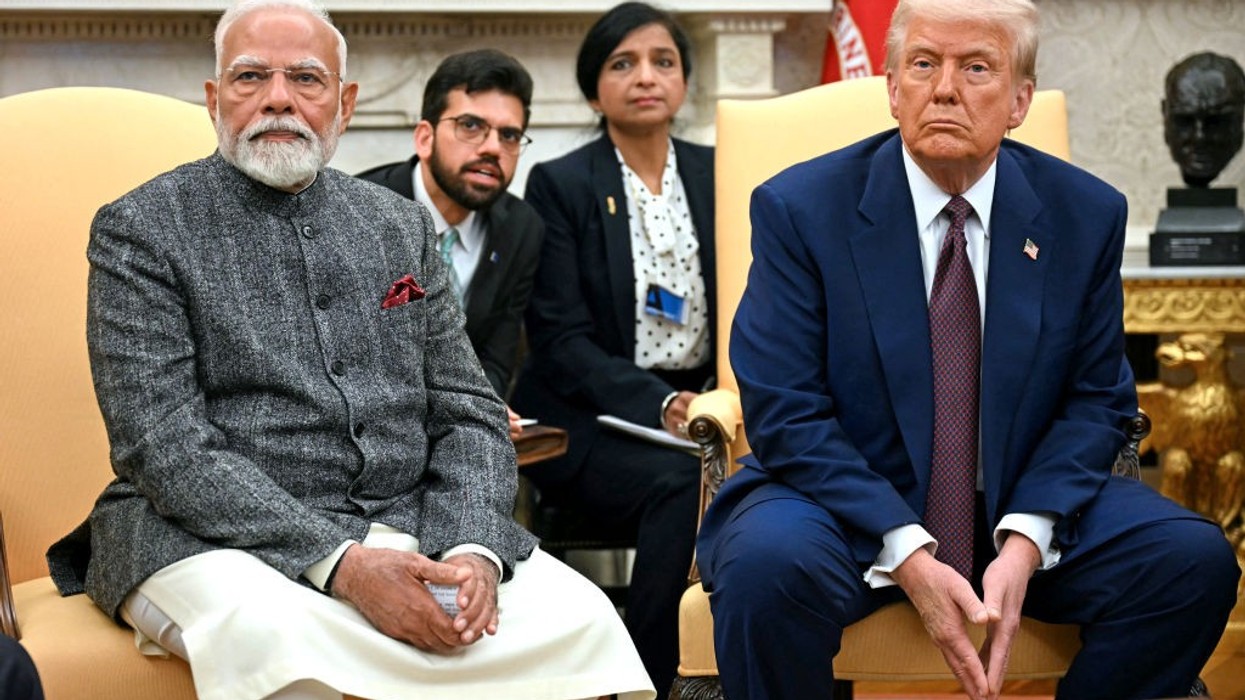US President Donald Trump has nominated S Paul Kapur, a distinguished Indian-American academic and policy expert, to serve as the next Assistant Secretary of State for South and Central Asian Affairs.
If confirmed by the Senate, Kapur will oversee America’s strategic and diplomatic engagement with a region that includes India, Pakistan, Bangladesh, and Afghanistan—countries central to US foreign policy interests in Asia.
Born in New Delhi to an Indian father and American mother, Kapur’s personal and professional journey reflects a deep connection to both the United States and India. “Appearing before you, I can’t avoid the feeling of having come full circle,” he remarked during his Senate nomination hearing.
“I was born in New Delhi, to an Indian father and an American mother. Although I visited India often during my childhood, I grew up in the United States as a thoroughly American kid, never imagining that my career would someday return me to the place where I was born.”
Kapur brings extensive expertise to the role, currently serving as a professor at the US Naval Postgraduate School’s Department of National Security Affairs. His academic and policy work has focused on South Asian security, nuclear policy, and Indo-Pacific geopolitics.
He is also affiliated with Stanford University’s Hoover Institution as a visiting fellow and has taught at Claremont McKenna College and Stanford University. Kapur holds a PhD from the University of Chicago and a BA from Amherst College, Massachusetts.
His nomination comes after the completion of Donald Lu’s term in January 2025 and marks only the second time an Indian-origin diplomat will lead the South Asia bureau at the State Department.
Kapur previously served as a policy advisor at the US State Department and was part of its policy planning team during Trump’s earlier tenure from 2020 to 2021.
During his Senate hearing, Kapur emphasized the shared interests between the United States and India, including the goal of maintaining a free and open Indo-Pacific region, boosting trade and economic ties, fostering collaboration in technology and innovation, and securing reliable energy access to support growth.
He described the US-India relationship as pivotal for regional and global stability.
Kapur is also known for his critical stance on Pakistan, particularly regarding regional instability, cross-border militancy, and nuclear risks. Reflecting on recent India-Pakistan tensions, he noted the region had narrowly averted a major conflict and stressed the importance of advancing US security interests by promoting peace, stability, and counter-terrorism efforts.
However, he also advocated a pragmatic approach to Islamabad, saying, “If confirmed, I will pursue security cooperation with Pakistan where it is in America’s interest while seeking opportunities for bilateral collaboration in trade and investment.”
A vocal supporter of counterbalancing China’s growing influence in Asia, Kapur reiterated the need for a robust US-India alliance to maintain regional balance and security. He has participated in numerous defense policy discussions and Track 1.5 dialogues—forums that bridge official and non-governmental diplomacy—between the US and India.
If confirmed, S Paul Kapur’s appointment is expected to bring a nuanced, strategic perspective to US engagement in South and Central Asia, with a focus on strengthening alliances, managing regional risks, and advancing American interests in a complex and rapidly evolving geopolitical landscape.


